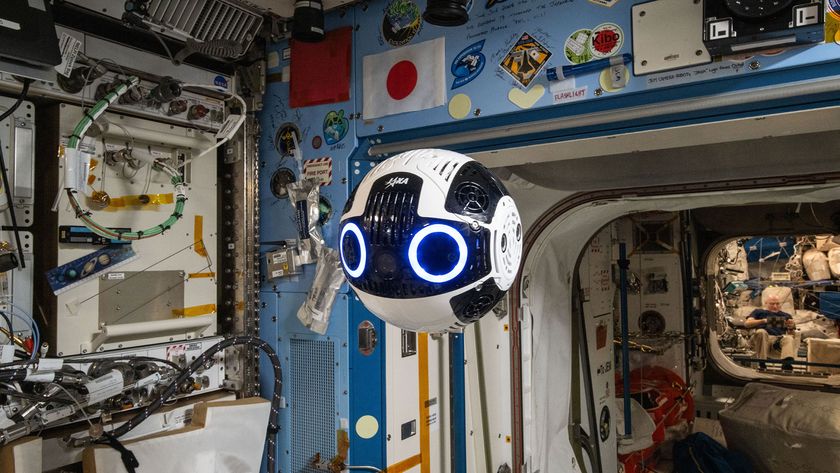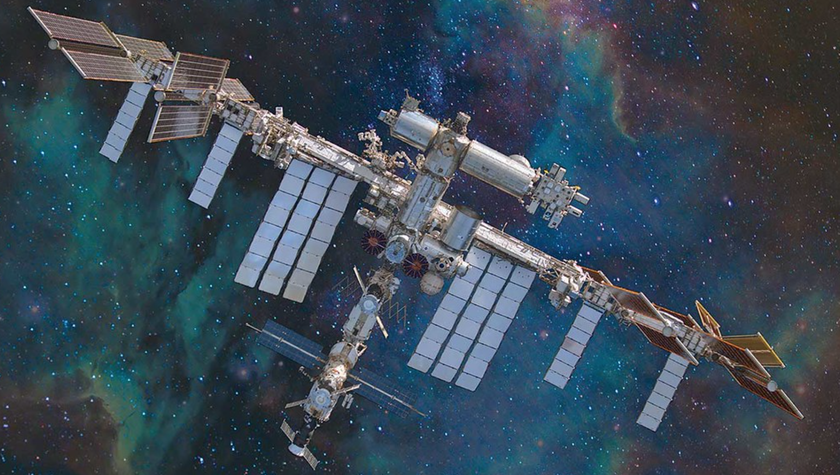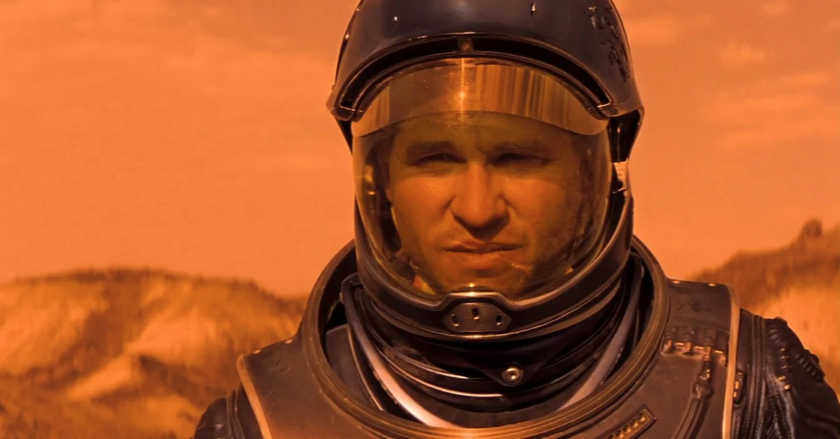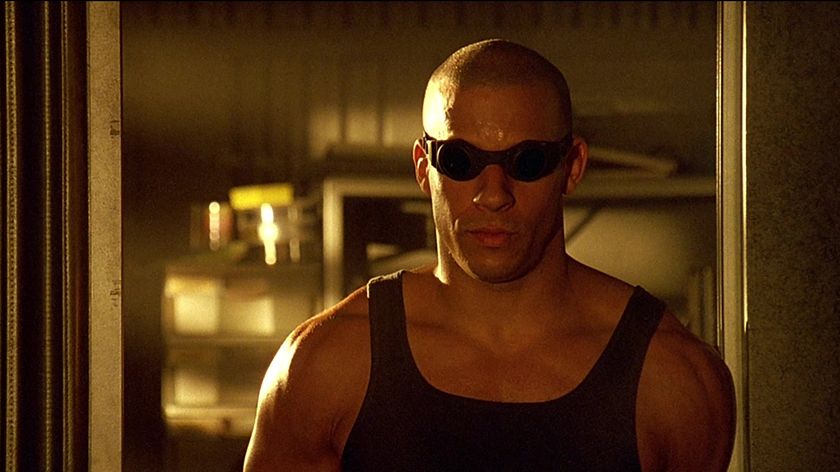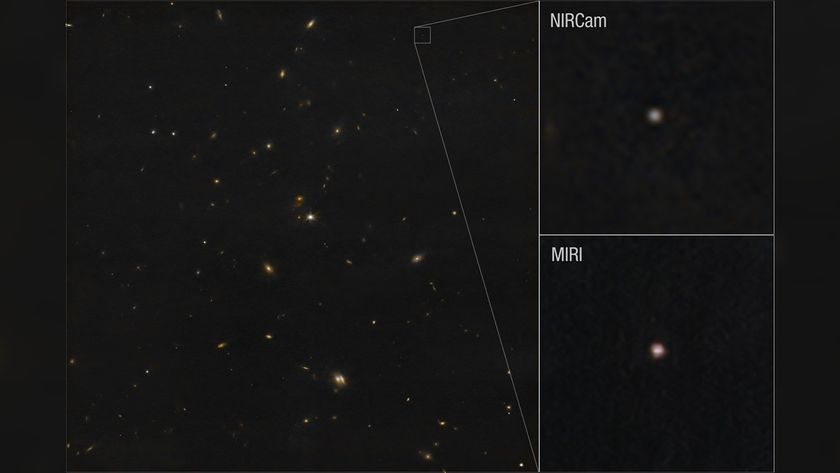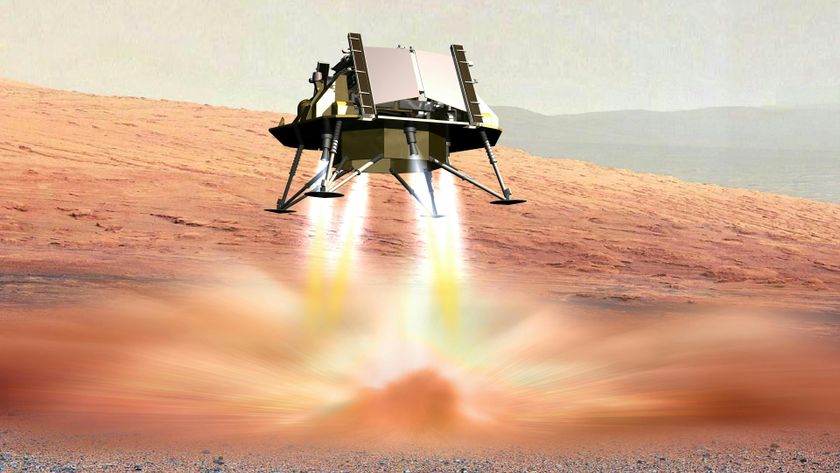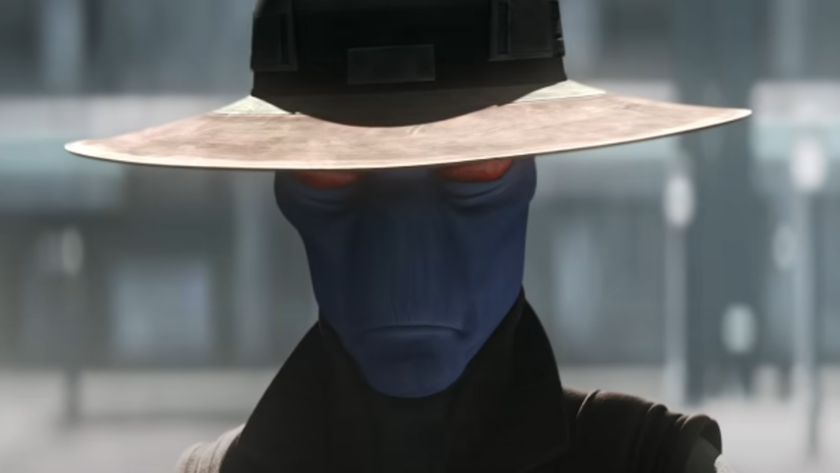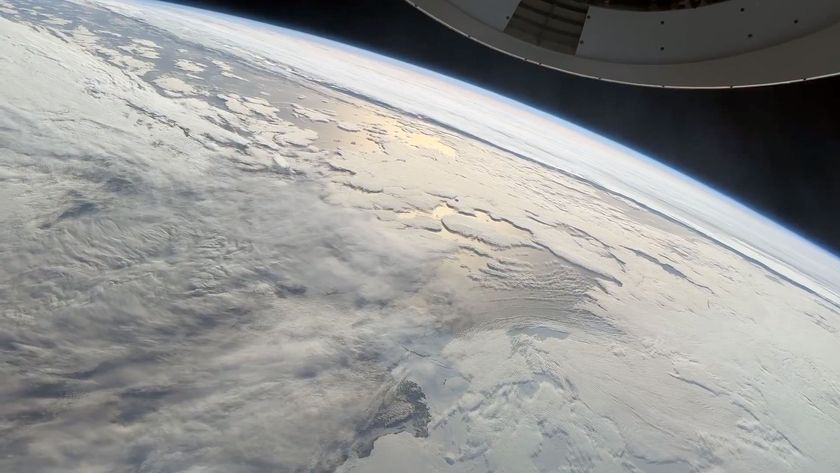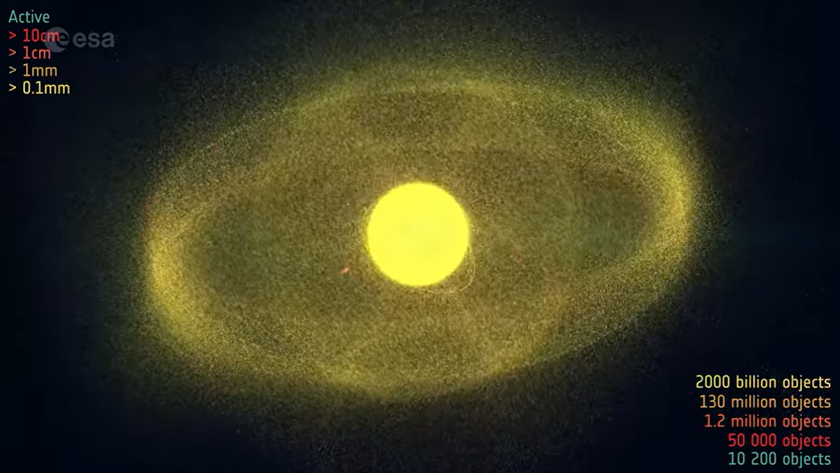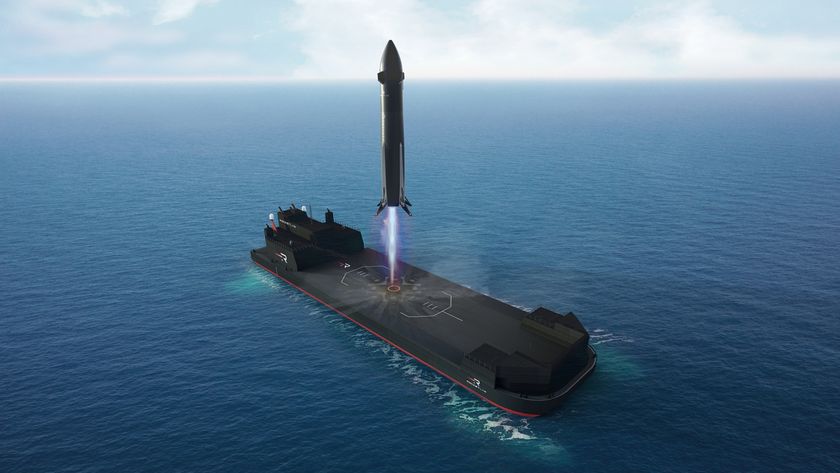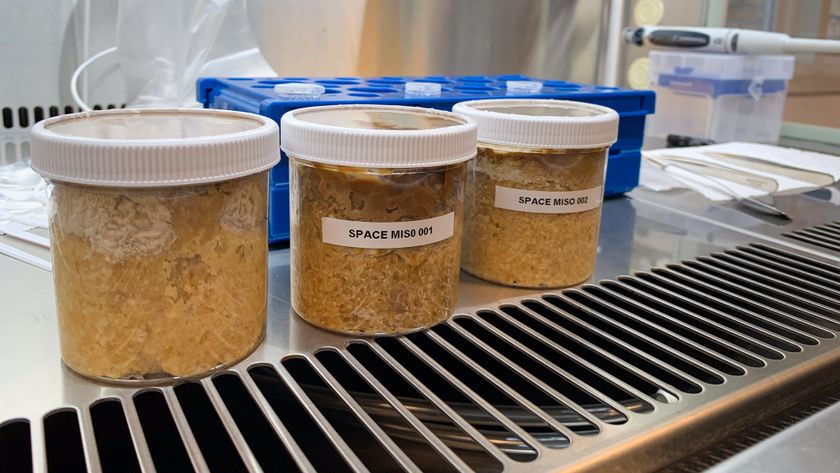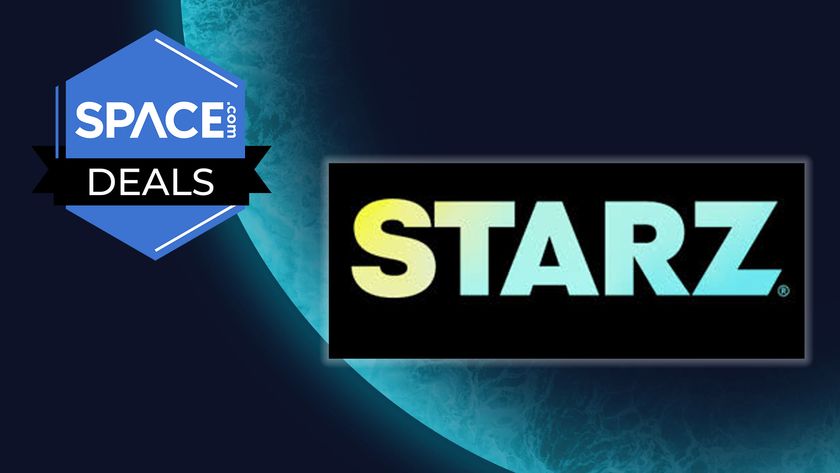NASA to resume ISS spacewalks in 2025 after spacesuit leak
"It's just a matter of when is the right timing."
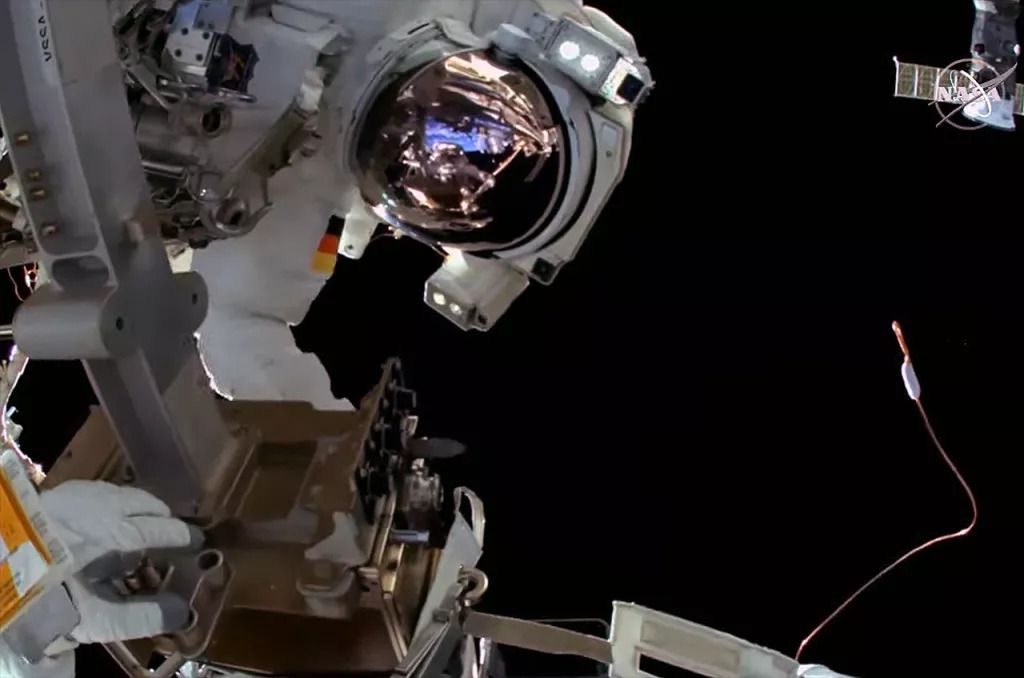
NASA plans to resume spacewalks on the space station in 2025 after a leaky spacesuit suspended those activities in June.
"We are planning our next set ... early next year," Bill Spetch, operations and integration manager of NASA’s International Space Station (ISS) program, said of spacewalks during a press conference Oct. 25 following the conclusion of SpaceX's Crew-8 mission to the orbiting complex.
A seal and umbilical connecting the spacesuit to the ISS was replaced, and the affected suit repressurized with success, he added. "It's just a matter of when is the right timing," Spetch said, noting that spacewalks are scheduled in between spacecraft arrivals and departures, as well as astronaut research activities.
NASA suspended all ISS spacewalks with its spacesuit indefinitely after agency astronaut Tracy Dyson experienced a brief coolant leak June 24 before leaving the hatch of the space station. (Russia, the other majority space station partner, uses an independent set of spacesuits known as Orlan.)
Related: NASA delays ISS spacewalks indefinitely to investigate spacesuit coolant leak
Dyson and fellow NASA astronaut Mike Barratt opened the door for what was expected to be a 6.5-hour spacewalk focused on maintenance. Minutes later, however, ice particles erupted from a spacesuit connection to the ISS.
The astronauts were never in any danger, NASA has said, nor were the spacewalk tasks needed immediately.
Get the Space.com Newsletter
Breaking space news, the latest updates on rocket launches, skywatching events and more!
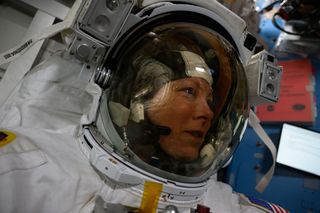
"We'll go look for the next opportunity for where we want to do the spacewalk. It's not time-critical or urgent, and so we'll find the best, logical place to put it," station program manager Dana Weigel, of NASA, told reporters in a teleconference on July 17.
Dyson's suit was one of NASA's extravehicular mobility units (EMU) first designed in the 1970s and used during the space shuttle program in the 1980s. The suit has a long flight heritage, including helping to build the ISS and service the Hubble Space Telescope.
Parts of the EMU can be swapped out as needed, but the suit design nevertheless has had a few coolant leaks in recent years. For example, NASA suspended spacewalks for seven months in March 2022 after water was discovered in a spacesuit helmet. A more notable incident in July 2013 saw Italian astronaut Luca Parmitano's helmet fill with water while he was spacewalking, necessitating an investigation and remedies.
NASA is asking private industry to contribute new spacesuits for several programs, including low Earth orbit activities. The EMU is biased toward larger and male sizes given that it was designed half a century ago, when male astronauts (drawn from the male-dominated military) made up NASA's corps.
Collins Aerospace was expected to deliver newer ISS suits, but withdrew from its contract in June because its anticipated timeline "would not support the space station's schedule and NASA's mission objectives." At that time, NASA confirmed the contract would end, but did not announce its next steps.
Join our Space Forums to keep talking space on the latest missions, night sky and more! And if you have a news tip, correction or comment, let us know at: community@space.com.

Elizabeth Howell (she/her), Ph.D., was a staff writer in the spaceflight channel between 2022 and 2024 specializing in Canadian space news. She was contributing writer for Space.com for 10 years from 2012 to 2024. Elizabeth's reporting includes multiple exclusives with the White House, leading world coverage about a lost-and-found space tomato on the International Space Station, witnessing five human spaceflight launches on two continents, flying parabolic, working inside a spacesuit, and participating in a simulated Mars mission. Her latest book, "Why Am I Taller?" (ECW Press, 2022) is co-written with astronaut Dave Williams.
